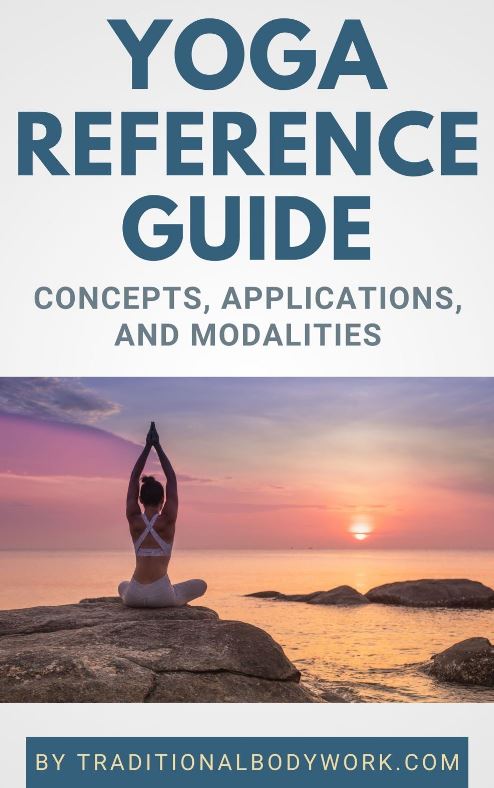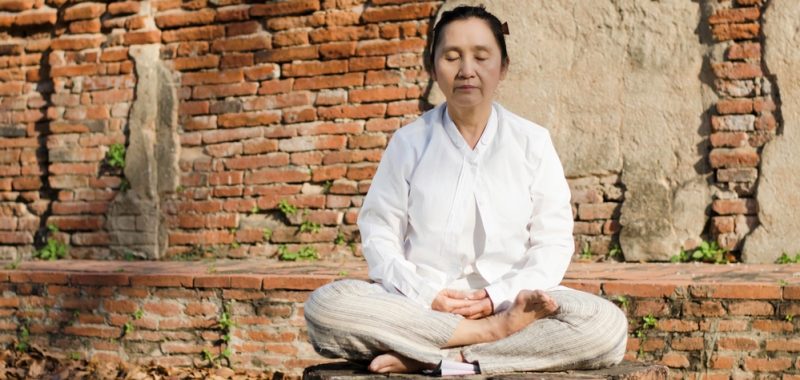
Yoga is increasingly applied as an aid in fighting mental health problems, such as anxiety, low self-esteem, stress, and depression, but also more specific disorders such as Post-Traumatic Stress Disorder (PTSD), Autism, and Attention Deficit Hyperactivity Disorder (ADHD), among other conditions.

Yoga for mental disorders is a form of Yoga as Therapy, but in general specific types of Yoga (or Yogic techniques) are used to reduce symptoms or alleviate mental complaints.
Think of applications of Yoga Nidra and its modern development through Integrative Restoration methodology (iRest), Pranayama Breathwork, Mindfulness Yoga and its related Mindfulness-Based Stress Reduction (MBSR) program, Trauma-Sensitive and Trauma-Informed Yoga, but also the specific use of certain Asanas (Yoga postures).
In fact, Yoga for mental health explicitly aims at developing an improved sense of one’s mind-body connection through non-judgmental awareness, calmness and concentration, in order to regain ownership over one’s body and better control over physiological effects caused by trauma, anxiety, or stress.
Moreover, by working on traumatic psychological and emotional issues through Yogic mindfulness, meditation, breathing, and postural techniques, many associated symptoms such as headaches, lightheadedness, nausea, chest pains, heart palpitations, excessive sweating, and abdominal pains, can also be alleviated.
















